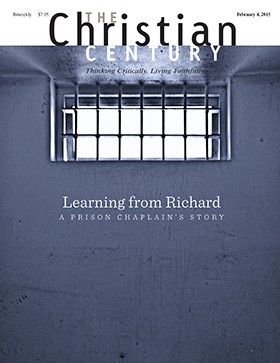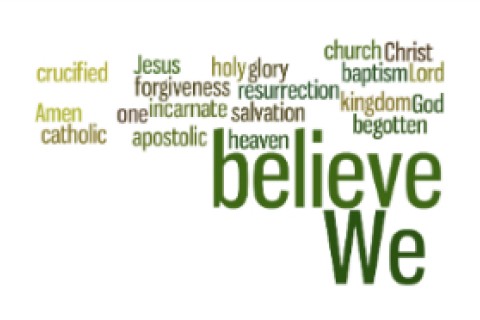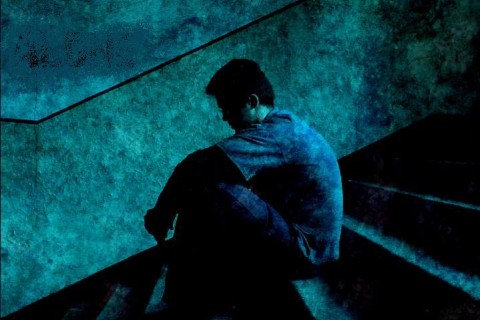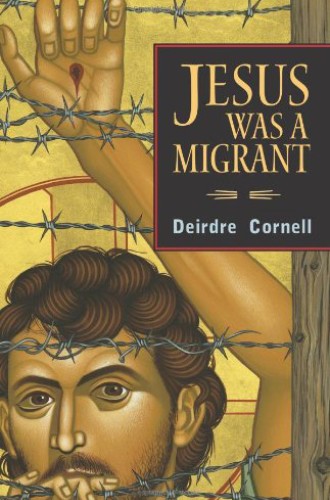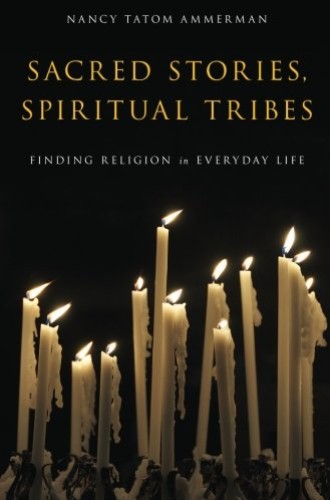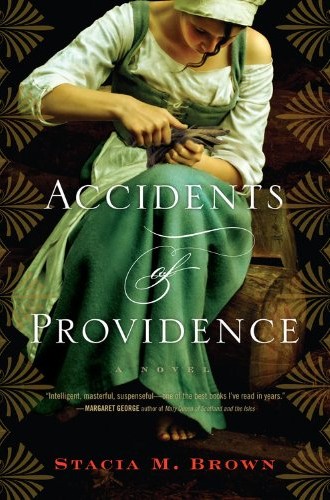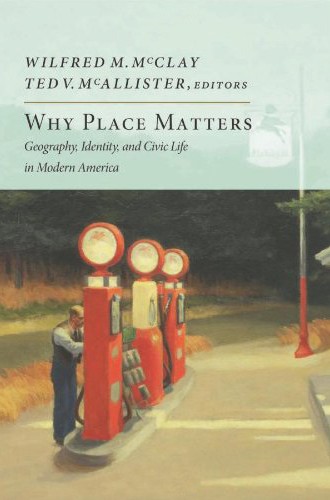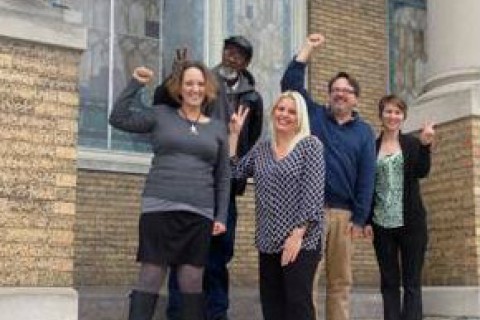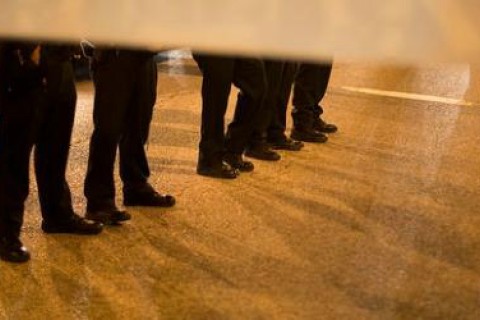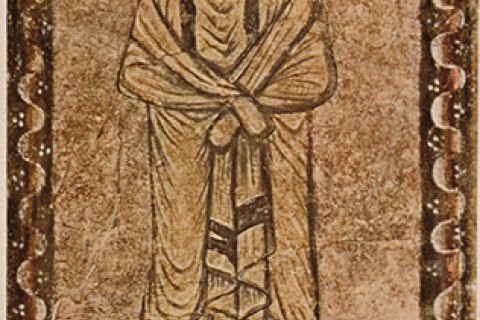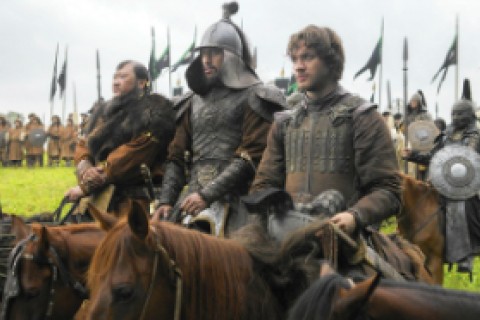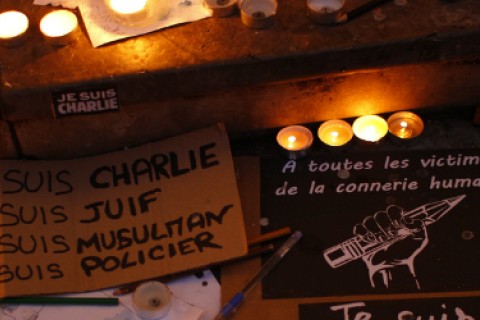Features
Believe it or not: My struggles with the creed
When the congregation starts reciting the creed, I do one of two things: argue with it in my head, or zone out and stop listening.
Reading the Parable of the Great Banquet in prison
"Why you even invite us to any of this," asked Richard, "if you’re just gonna humiliate us and throw us out?"
Books
Jesus Was a Migrant, by Deirdre Cornell, and Border Patrol Nation, by Todd Miller
Two new books on immigration complement each other well. And where Todd Miller’s falls short, Deirdre Cornell’s shines most brightly.
No Home Like Place, by Leonard Hjalmarson
The biblical story is in part one of displacement, exile, and pilgrimage. But there must be a settled location from which to be displaced and from which to go on pilgrimage....
Not religious, not spiritual
Publishers see SBNRs as a key market, while preachers either court them or put them down. As for Nancy Ammerman, she isn’t sure SBNRs exist.
Accidents of Providence, by Stacia M. Brown
Paul Elie has lamented the absence of serious engagement with Christianity in contemporary fiction. He should read Stacia Brown.
Why Place Matters, edited by Wilfred M. McClay and Ted V. McAllister
Gertrude Stein famously said of Oakland, California, that “there is no there there.” Contrary to this being a putdown of her home city, she meant that because the house she grew up in was torn down...
Departments
Sustainable expectations
Mercy Junction has a dedicated group of people, but it's not financially self-sustaining. Recently, it started managing a large church building.
Business of the kingdom
The New Testament offers two compelling models for our relationship with money. When translated into a vision for a whole society, each is flawed.
Police encounters
We are confronting a reality that for some of us was just an abstraction: black and white communities perceive the police differently and are treated differently by them.
Abraham, fresco in a synagogue in Syria (ca. 239)
Dura Europas was an ancient and obscure military outpost and trading center near the Euphrates River on the edge of the eastern Roman Empire....
Kublai’s clan
With Marco Polo, Netflix reaches for a global audience. Unfortunately, it casts the epic drama through one European’s eyes.
Standing with Ahmed
We don’t have to choose between solidarity with victims of violence and with religious minorities. But the latter may be more challenging work.
News
Influential writer on theological education dies at 85
William Edward Farley, 85, a theologian and influential writer on theological education, died December 27 at his home in Brentwood, Tennessee. He had congestive heart failure....
After murders, France seeks unity
Heads of state and religious leaders joined millions on the streets of Paris in a January 11 march for free expression and to remember victims of the shootings at the satirical magazine Charlie Hebdo....
Anti-Islam protest and counterprotest
(The Christian Science Monitor) In the wake of the Charlie Hebdo attack in Paris, the weekly anti-Islam march in Dresden, Germany, drew its largest attendance yet....
Episcopal bishop charged with manslaughter, driving under the influence
An Episcopal bishop in Maryland is accused of killing a bicyclist while driving drunk and texting....
Conservative Jews question rules on interfaith weddings, dating non-Jews
In recent weeks, groups within Conservative Judaism—the second-largest movement of American Jews—debated their own rules discouraging interfaith dating and marriage....
Ukraine’s eastern Catholics equip soldiers to fight pro-Russia separatists
(The Christian Science Monitor) As the train bringing the wounded soldier home from the front line ground to a halt, the crowd on the platform burst into patriotic song....
Lectionary
Wednesday, February 18, 2015 | Ash Wednesday: Matthew 6:1-6, 16-21; 2 Corinthians 5:20b-6:10
As we contemplate mortality and finitude, I wonder if we could treasure washing the dishes.
Sunday, February 15, 2015 | Transfiguration Sunday: Mark 9:2-9
Let’s build shrines, Peter says. He doesn’t know how to respond to a mystical mountaintop experience, and he’s afraid.
Sunday, February 8, 2015: Mark 1:29-39
If you’re Jesus, demons will interrupt your mission of proclaiming the message of transformation and hope—even if they have to tell the truth to do it.


